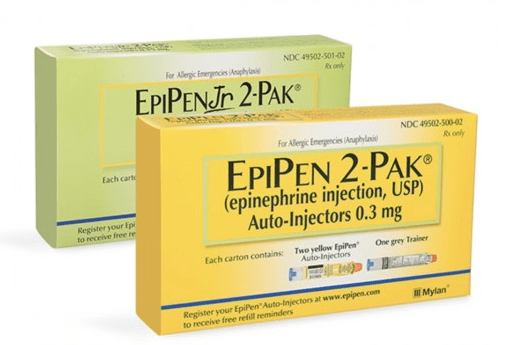Epinephrine and Alcohol/Food Interactions
There is 1 alcohol/food/lifestyle interaction with epinephrine.
Epinephrine Caffeine
Moderate Drug Interaction
Both EPINEPHrine and caffeine can increase blood pressure and heart rate, and combining them may enhance these effects. Talk to your doctor before using these medications, especially if you have a history of high blood pressure or heart disease. You may need a dose adjustment or more frequent monitoring by your doctor to safely use both medications. Contact your doctor if your condition changes or you experience increased side effects. It is important to tell your doctor about all other medications you use, including vitamins and herbs. Do not stop using any medications without first talking to your doctor.
Switch to professional interaction data
Epinephrine drug interactions
There are 230 drug interactions with epinephrine.
Epinephrine disease interactions
There are 5 disease interactions with epinephrine which include:
More about epinephrine
- epinephrine consumer information
- Check interactions
- Compare alternatives
- Pricing & coupons
- Reviews (60)
- Latest FDA alerts (4)
- Side effects
- Dosage information
- During pregnancy
- Support group
- Drug class: adrenergic bronchodilators
- Breastfeeding
Related treatment guides
Drug Interaction Classification
| Highly clinically significant. Avoid combinations; the risk of the interaction outweighs the benefit. | |
| Moderately clinically significant. Usually avoid combinations; use it only under special circumstances. | |
| Minimally clinically significant. Minimize risk; assess risk and consider an alternative drug, take steps to circumvent the interaction risk and/or institute a monitoring plan. | |
| No interaction information available. |
See also:
Further information
Always consult your healthcare provider to ensure the information displayed on this page applies to your personal circumstances.


